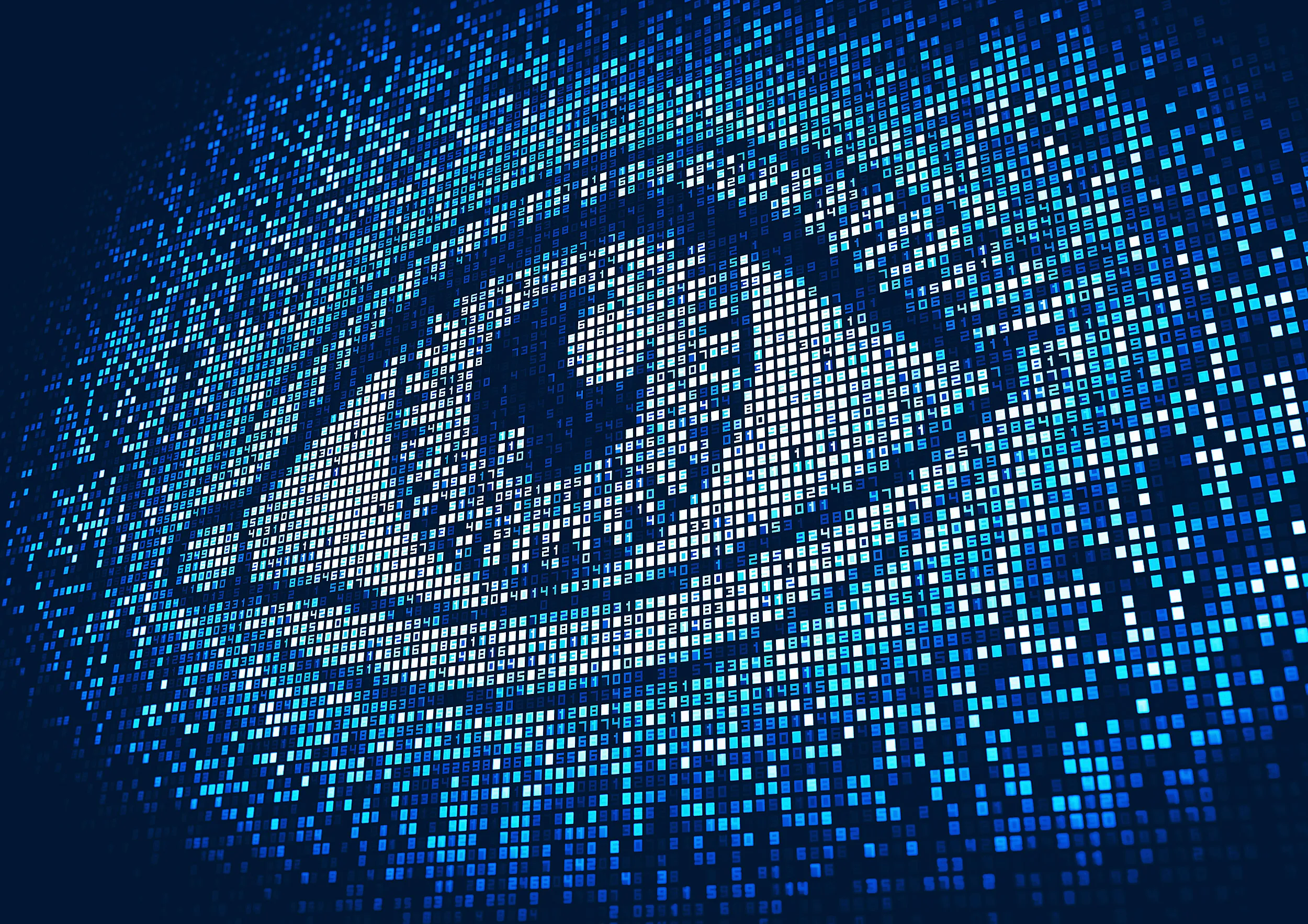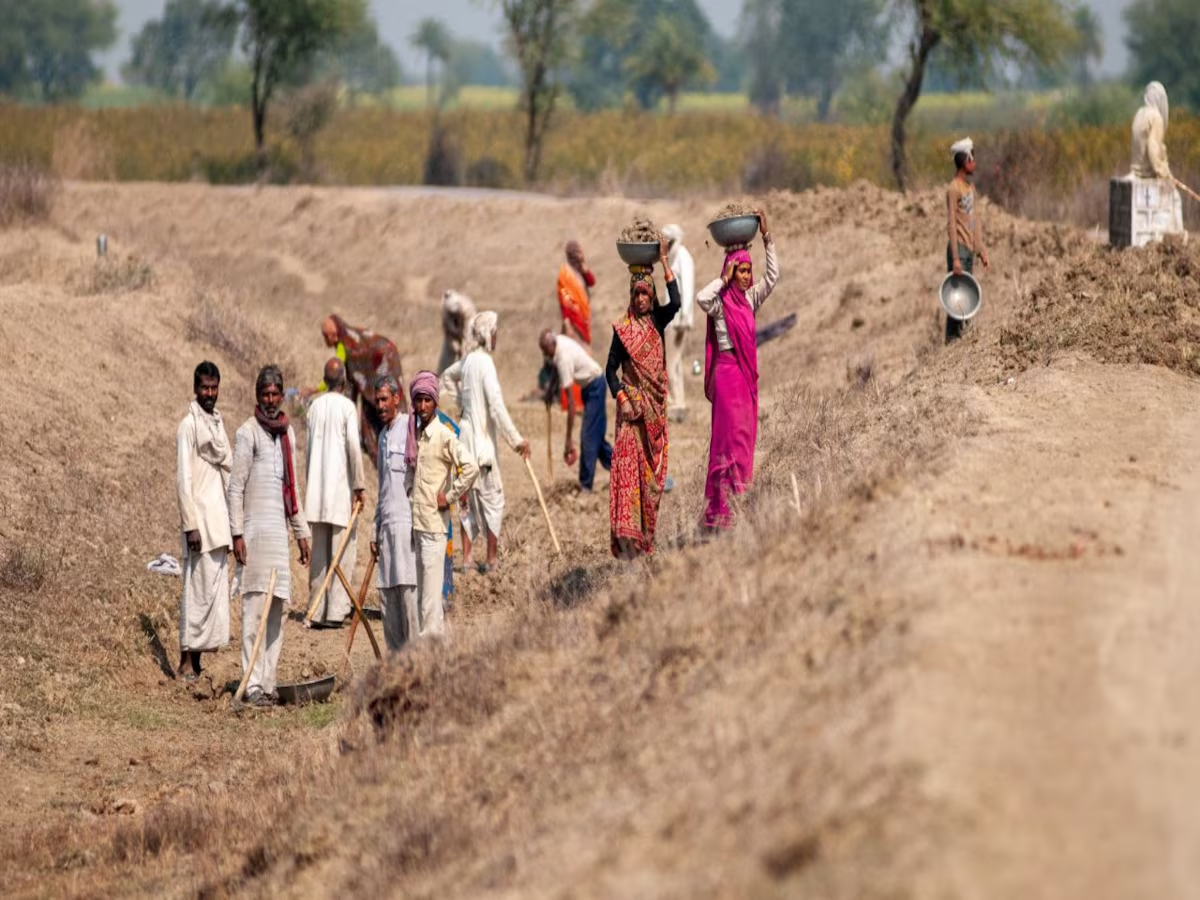- Courses
- GS Full Course 1 Year
- GS Full Course 2 Year
- GS Full Course 3 Year
- GS Full Course Till Selection
- MEP (Mains Enrichment Programme) Data, Facts
- Essay Target – 150+ Marks
- Online Program
- GS Recorded Course
- NCERT (Recorded 500+ Hours)
- Polity Recorded Course
- Geography Recorded Course
- Economy Recorded Course
- AMAC Recorded Course
- Modern India, Post Independence & World History
- Environment Recoded Course
- Governance Recoded Course
- Science & Tech. Recoded Course
- International Relations and Internal Security Recorded Course
- Disaster Management Module Course
- Ethics Recoded Course
- Current Affairs Recoded Course
- CSAT
- 5 LAYERED ARJUNA Mentorship
- Public Administration Optional
- ABOUT US
- OUR TOPPERS
- TEST SERIES
- FREE STUDY MATERIAL
- VIDEOS
- CONTACT US
Ethical Use of Social Media Platforms
Ethical Use of Social Media Platforms
Recently, the Election Commission of India (ECI) has noticed violations of the Model Code of Conduct and other legal provisions regarding the use of social media in election campaigning by political parties. This highlights the lack of well-defined social media ethics in the rapidly changing landscape of social media.
Ethical Concerns Regarding Social Media
-
Individuals v/s Social media platforms:
- Privacy concerns arise due to platforms collecting and using data to enhance user experience without clear consent for how personal data is stored and shared, raising ethical issues of confidentiality breaches. For example, targeted advertising and doxxing illustrate these concerns. The distinction between public and private information is often unclear, creating dilemmas such as media roles and celebrities' struggles with privacy on social media.
- Discrimination on social media platforms is evident as they enable widespread participation but lack structures to ensure equitable access for marginalized groups. For instance, social media campaigns promoting anti-immigration sentiments in Western countries highlight these inequalities.
- Fake news on social media is exacerbated by the absence of robust verification processes and accountability, often stemming from the platform's anonymity feature. This contributes to the rampant spread of misinformation, intentional or unintentional, which undermines effective decision-making. For example, during the COVID-19 pandemic, misinformation about vaccines greatly affected public perception and hindered government efforts to combat the virus.
-
Society v/s social media platforms:
- Division on social media occurs when individuals segregate into groups that share their views, creating 'echo chambers' and 'filter bubbles.' This means they only hear similar opinions and ignore different ones. For example, Facebook was used to stir up violence against the Rohingya in Myanmar and to divide people based on race, religion, and caste.
- Erosion of Boundaries Between Public and Private: Social media platforms have blurred the line between what is public and what is private in our lives. Example: The use of mobile phones during family dinners has disrupted family interactions, isolating children from family bonding moments.
-
Regulatory ecosystem v/s Social media platforms:
- National Interest vs. Individual Freedom: Governments prioritize content moderation to safeguard national security and dignity, while platforms argue it restricts users' freedom of speech.
- Ethical Responsibility of Platforms: Should platforms prioritize finding morally acceptable solutions, even if it risks their business model?
- Transparency and Accountability: Challenges in holding platforms accountable for content and the complexity of tracing its origins reduce transparency and trust in the system. Example: WhatsApp's end-to-end encryption complicates efforts to track criminal activities on the platform.
"I think there should be regulations on social media to the degree that it negatively affects the public good. We can't have like willy-nilly proliferation of fake news, that's crazy." - Elon Musk
What are the principles for an ethical social media?
- On social media platforms, critical thinking is essential to combat the "Spiral of Silence" effect.
- This phenomenon describes how people's fear of isolation silences their opinions on important political and civic issues.
- Essentially, we subconsciously gauge the popularity of an opinion and are less likely to voice a view we perceive as unpopular.
- This dynamic can distort public discourse, amplifying popular (but not necessarily accurate) opinions while silencing valuable dissent.
Way Forward
- Social media ethics are tricky. Regulations can stifle innovation, but without them, who protects users? Frameworks like India's 2021 rules try to find a middle ground. They hold platforms accountable (think grievance officers) while letting them set their own rules (with some government oversight). This aims to balance user safety with platform freedom.
- Social media platforms walk a tightrope between protecting users and stifling expression. Striking the right balance is key to maintaining trust. This can involve:
- Following government guidelines on data (think national security)
- Voluntary industry codes (like the election code) for specific situations
- For a healthy democracy, responsible social media use during elections is crucial. Political parties should have strong internal guidelines and a code of ethics to promote ethical conduct online. This self-regulation will ensure a fair and trustworthy electoral process.
- Holding social media platforms accountable for ethical behaviour is a collective responsibility we all share. Working together, we can make them more accountable and create a healthier online environment.
- Social media thrives on responsible users. Let's all be mindful of the risks and ethical considerations to make it a positive experience for everyone.
The rise of user empowerment is evident in initiatives like Apple's iOS 14.5 opt-in for ad tracking and platforms like X's (Twitter) Civic Integrity Policy. By following suit and using social media thoughtfully, we can collectively foster a safer and more positive online space.



